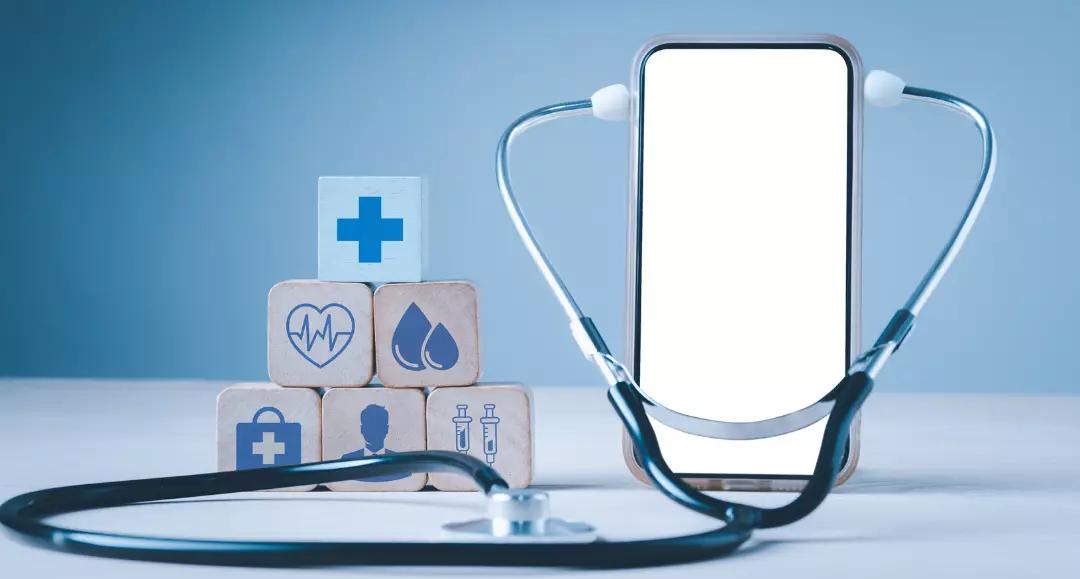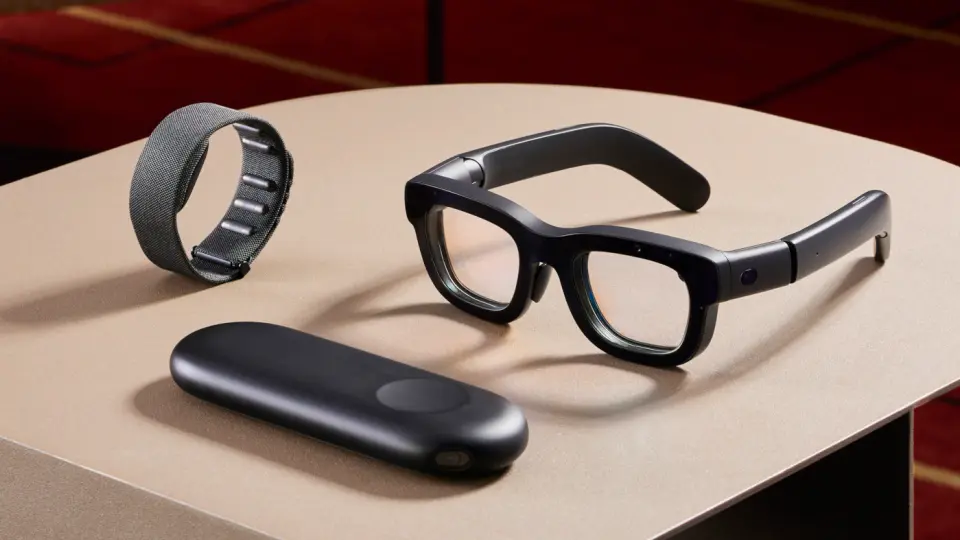Benefits of Augmented Reality (AR) for Healthcare
Posted on May 3, 2023 3 minutes 548 words
Table of contents
Augmented Reality (AR) is an innovative technology that combines the digital and physical worlds, creating immersive experiences that are transforming various industries. One area where AR is making a significant impact is healthcare. In this blog post, we will explore the potential benefits of AR in healthcare, from medical training and patient education to enhanced surgical planning and mental health treatment.
Improved Patient Engagement and Education
Patient education is crucial for ensuring adherence to treatment plans and achieving better health outcomes. With AR, healthcare providers can offer personalized, interactive visualizations that help patients better understand their conditions, treatments, and recovery process. This increased understanding can lead to better adherence to treatment plans and improved patient outcomes.
Enhanced Medical Training and Education
Medical professionals require extensive training to develop their skills and knowledge. AR can provide immersive, interactive learning experiences, helping medical students gain practical insights and improve their understanding of complex procedures. For example, AR-based medical training simulations can allow students to practice surgical procedures or learn anatomy through 3D visualizations, potentially increasing retention and improving learning outcomes.
Remote Consultations and Telemedicine
AR can revolutionize remote consultations by overlaying diagnostic information and medical images on a patient’s real-world view. This technology can enable healthcare professionals to provide remote care, increasing access to healthcare services for rural or underserved communities. Additionally, the expanded use of telemedicine can potentially reduce healthcare costs and wait times for patients.
Enhanced Surgical Planning and Navigation
AR has the potential to improve surgical outcomes by assisting surgeons in pre-operative planning. Overlaying 3D models of patient anatomy can provide valuable insights and help surgeons make better-informed decisions. During surgery, real-time AR navigation can enhance surgical accuracy, reducing complications and the risk of errors. This technology may also contribute to shorter surgeries and faster recovery times for patients.
Physical and Occupational Therapy
In rehabilitation settings, AR can gamify exercises and provide real-time feedback, making therapy sessions more engaging and motivating for patients. By incorporating AR into therapy programs, therapists can create personalized treatment plans and better monitor patient progress, potentially leading to improved outcomes and faster recovery times.
Prosthetics and Assistive Technology
AR can play a vital role in designing and fitting customized prosthetics or assistive devices for patients with disabilities. By overlaying digital models on patients’ real-world views, AR can help create more comfortable and functional devices. This technology may also reduce development times and overall costs, making prosthetics and assistive devices more accessible to those in need.
Mental Health and Wellness
AR has exciting applications in the treatment of mental health conditions, such as anxiety, phobias, or PTSD. For example, AR can create immersive environments for exposure therapy or relaxation techniques, allowing patients to confront their fears or practice mindfulness in a safe, controlled setting. By leveraging AR technology, mental health professionals can potentially increase access to treatment and improve patient outcomes.
Conclusion
Augmented Reality is poised to transform the healthcare industry in numerous ways, from enhancing medical training and patient education to revolutionizing surgical planning and mental health treatments. As AR technology continues to advance, its potential to improve healthcare delivery and patient outcomes will only grow. By staying informed about these developments, we can ensure a brighter, healthier future for all.








